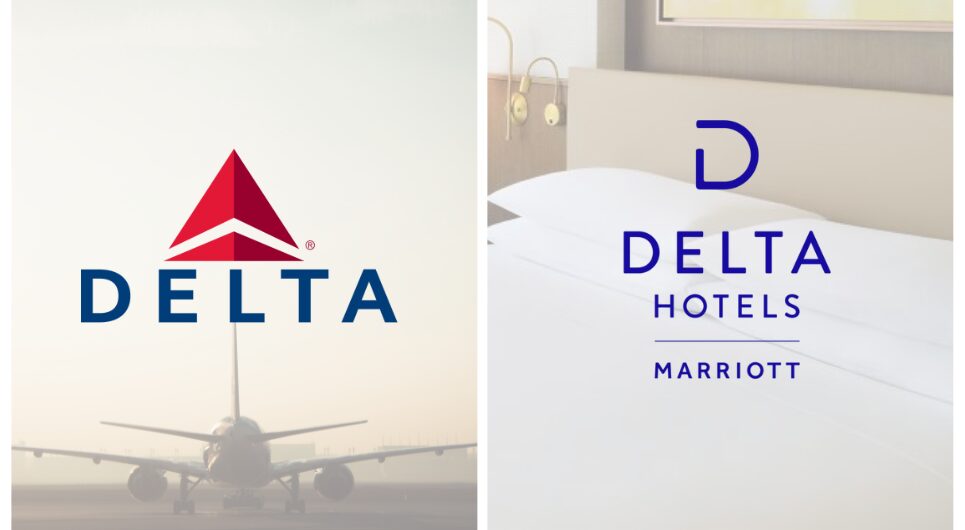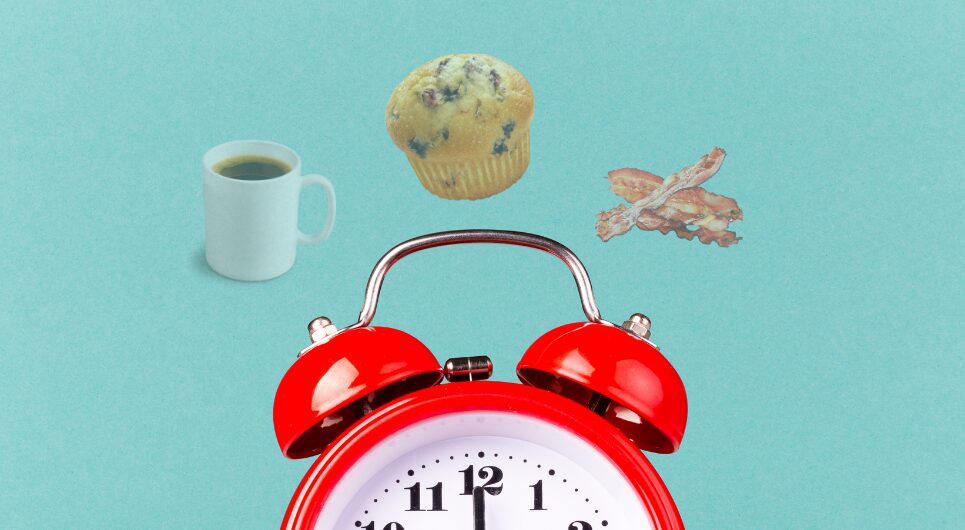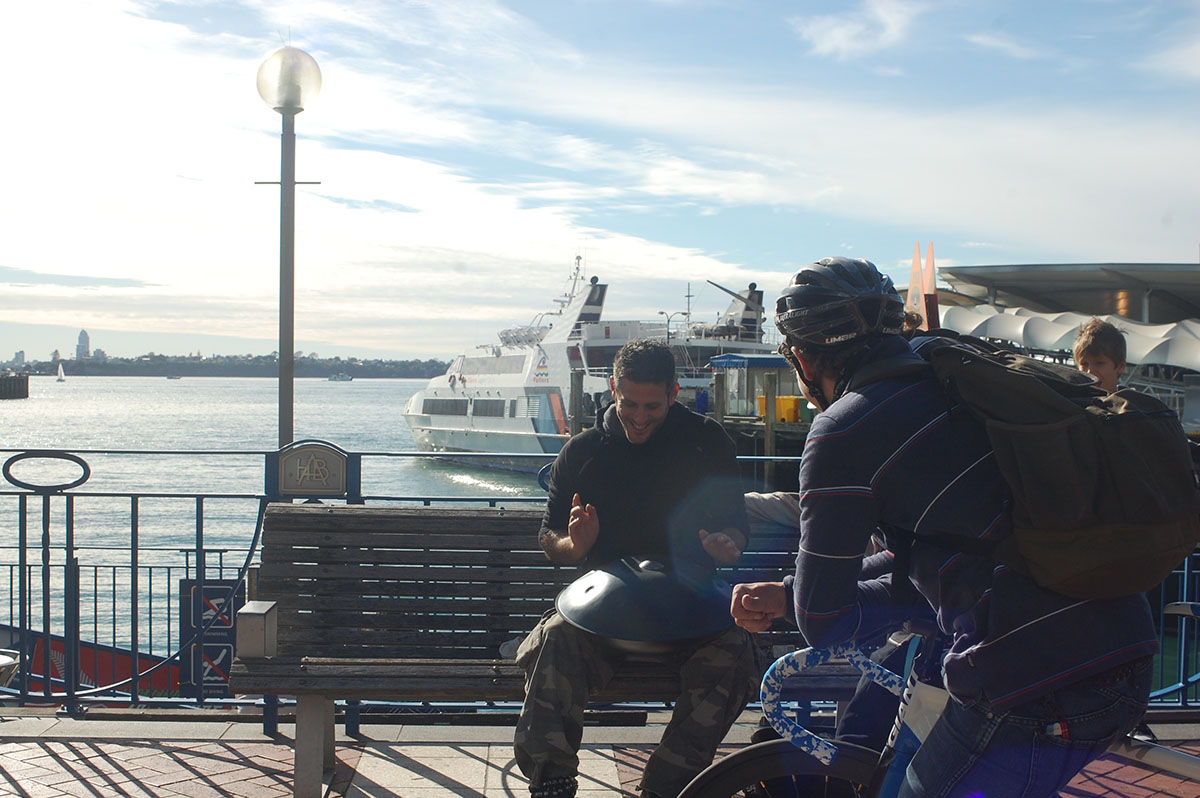Throughout the week, our team shares articles they’ve stumbled upon that may interest our readers, even if they might not otherwise merit a full post. Here are some of the posts we found interesting this week: Delta wants Marriott to stop hijacking its brand, Holiday Inn Express reinvented the alarm clock, we revisit the great reclining debate, and Hawaiian Airlines brings back Auckland service.
Delta Accuses Marriott Of Hijacking Its Brand — Trial To Force Name-Change Now Underway

Given that there are hotels that can be booked with American Airlines miles on AAdvantageHotels.com, I find myself agreeing somewhat with Delta’s claim that Marriott’s use of “Delta Hotels by Marriott” is confusing. A step further, though, Delta has accused Marriott of actually infringing on its branding and diluting its “DELTA” marks. For example, the “Delta Hotels by Marriott” logo uses a similar, all-caps, sans-serif font as Delta’s own logo. (Although…it’s also just a similar font to Marriott’s own logo – maybe the same in fact.) Delta Airlines claims this has caused enough confusion that customer complaints sometimes end up with the wrong “Delta”. It does seem like clarity is best for customers, and the question may be: is the “by Marriott”, or the subscript “Marriott” in the logo, sufficient to clarify the brand differentiation, or should Marriott change the name entirely?
This Hotel Chain’s New “Scent-Powered Alarm Clock” Wakes You Up with Breakfast Smells

Holiday Inn Express has invented something that I’m not sure needed to be invented. As of Monday, Australia and New Zealand guests (as well as a few participating properties in Singapore, Thailand, and Japan) will be the first to try out an alarm clock that uses scents to wake you instead of sounds. (Or should I say, it uses scents to attempt to wake you?) This first edition will offer scents of coffee, bacon, or blueberry muffin (with slight variations in Asia). Maybe coffee would have a strong enough association in my brain to turn those mental lights on, but otherwise I’m a little dubious. On the plus side, I suppose, your neighbor’s scented alarm is unlikely to wake you up the way your neighbor’s standard alarm might. But as someone with a slight allergy to essential oils, I’ve been a little bothered by this trend in hotels to use strong scents in their lobbies or even on the pillows. Have you noticed this?
Apparently, a few years ago Ambius released a “2019 Business Impact of Scenting” report, which determined that “48% of people say that a pleasant smell in a hotel would make them more likely to return in the future.” Anecdotally, this rings true. Back in my Airbnb hosting days, I found that guests seemed more likely to question the cleanliness of sheets if I used the scent-free, allergy-friendly detergent I thought would be the better choice for health and safety. I very quickly learned that strongly scented cleaning products made guests feel better about cleanliness. Like it or not, scents make sense.
The rules of reclining, according to 7 frequent fliers
Is it ok to bring your baby into Business Class? Who gets the middle armrest? Is it ever ok to recline your seat on an economy flight? These questions always stir up a ton of debate with no certain consensus. The Washington Post has really hit the pavement to find out an empirical answer to this last question, “surveying” 7 whole people! (Yes, that is a little sarcasm you’re sensing there. Personally, I think when surveying fewer than 10 people, it’s ok to call it “asking” instead. But I digress.) The conclusions of this not-so-extensive survey are unsurprising, as was the AI summary of the far more extensive 668 comments on the post. Both produced nothing but division. And in fact, when I polled our own team, it was just as inconclusive with no one wanting to take a strong stance one way or the other (in part because half of our team avoids economy altogether.) So let’s see if we can reach a clearer consensus here. Just like our team, I’m sure much of this audience doesn’t even fly economy that often, so let’s see if we can poll just those folks who actually do find themselves flying 1-hour+ economy flights here and there.
The wait is over: Hawaiian Airlines’ seasonal Auckland service returns this November


Hawaiian Airlines’ seasonal service between Honolulu and Auckland is coming back Nov. 16th (continuing through the end of April 2026.) The flights will be operated on an A330 with Starlink internet and lie-flat Business Class seats. This is a great time of year to visit New Zealand, obviously (their summer), and it will give a much more comfortable visit than I had years ago during their winter (with a backpack full of clothes most appropriate for the Southeast Asian destinations I’d just come from). But if you’re more prepared than I was, there’s so much beautiful hiking to enjoy. You can find some ideas here.


Clean has no smell. “Clean scents” are a lazy way to cover dirt and grime. Unfortunately, I don’t have any solution to offer for the public misperception on this. I feel for you as a host doing the right thing. I travel outside the US and China extensively, and have been to countries where a towel that is scented with vinegar and a flowery perfume is deemed to smell “clean.” I could do without both. One culture’s fragrant flower is another culture’s rotting flesh, lol! Just wash the towel in unscented laundry soap until its clean.
It’s 2025, I don’t need an alarm clock in a hotel room.
I agree with your comment that fragrance seems is associated with cleanliness and luxury for many people. For example, if you read reviews of high end hotels notice how often the fragrance of the bath products is mentioned. I prefer unscented products so I have to take my own soap and shampoo with me, especially when traveling to Europe where it is almost impossible to find unscented products.
I’m ok with subtle, “fresh” scents but I’ve been bothered a couple times recently with hotels pumping strong women’s perfume scents in the lobby. It’s bad enough when a woman has too much perfume on but don’t make the whole area smell of it
If it’s “Never ok to recline,” then why does the airline provide a seat that reclines? I’ve been flying 50+ years and it’s only in the last 10 years or so that there has been any objection to a passenger utilizing the recline. I’m baffled as to the logic of why it’s a bad thing.
I’m with you! I don’t recline in economy on my own (rarely fly economy other than daytime for a few hours) but will absolutely do so when someone in front of me reclines – and I’m prepared for that happening for what I had always thought were obvious reasons!
Wouldn’t mind fighting you for this comment Hawaii Mike , how about we meet on waikiki
If it’s meal time I’m not reclining. If it’s not then I will to a certain degree (pin intended). Sleeping time I am reclining all the way down wether you like it or not.
In the last 50 years seat pitch in economy has dropped from an average of 35 inches to about 30 so that makes a big difference in regard to reclining. The decline in space makes reclining make the person behind you feel far more cramped. Planes also fly at much higher capacity than they did 50 years ago. I’ve flown economy and had a seat basically in my lap and the phone holder completely unusable.
The Delta-Marriott thing is very much a US domestic issue. As a Canadian I grew up with Delta hotels (it was a Canadian company over 50 years ago) and we never had any real awareness of Delta Airlines as it had a very limited footprint into Canada. My experiences still hold true today – Delta airlines is a US domestic carrier that primarily flies folks to/from and within the US whereas the hotel is primarily OUTSIDE the US.
I find this lawsuit both frivolous and an example of posturing to a domestic versus global consumer base.
Interesting. I had seen a Delta Hotels listing in Europe and had wondered the backstory. Thanks for filling that gap in my knowledge! Their website indicates that for locations they have 95 in N. America (I presumed in Canada, but actually, it looks like half are in the US), 34 in Europe (5 countries plus the UK), 5 in the Caribbean Basin / Central America, 4 in Asia, and 2 in Africa. So, that indicates coverage in at least 5 major regions / continents. Delta Airlines on the other hand claims to fly to 6 continents and 52 countries. Interestingly, Delta Hotels is one of the very few hotel loyalty points and miles plays on the Portuguese island of San Miguel in the Azores. Good luck getting a Delta Airlines flight there. I’m not sure about anyone else, but I have mindspace for these two entities to exist separately.
I checked after my post and was surprised to see the number of US properties – that’s definitely gone up since Marriott purchased the chain! It’s a weird one for me as I grew up 5 minutes away from the 1st hotel and the area is a delta, a very well known delta suburb of Vancouver in the Fraser River so I guess sometimes coincidences happen!
Several times over the years I have tried to buy a Delta faucet for my bathroom but ended up with unneeded airline tickets and hotel reservations by mistake.